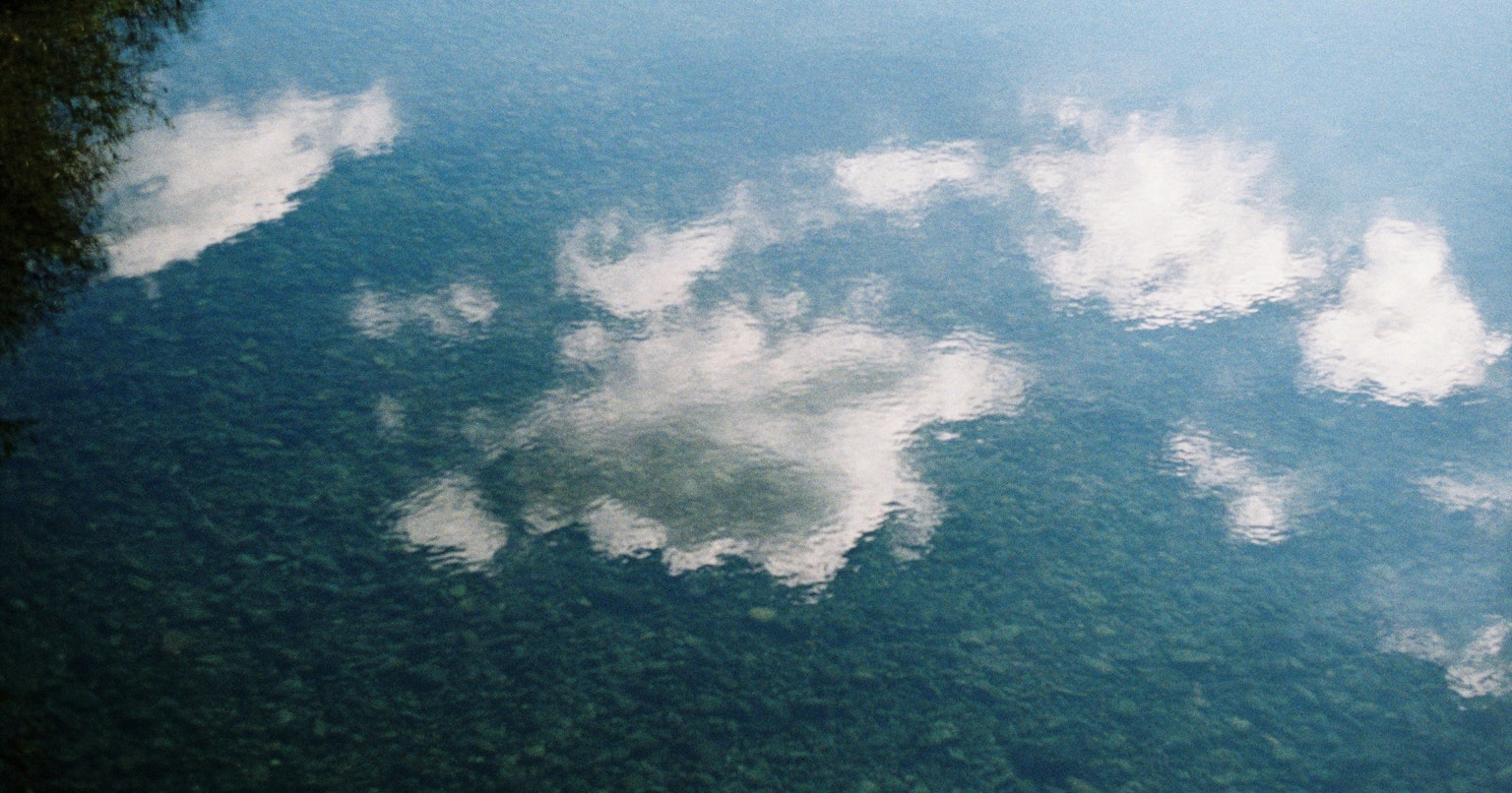
Cover photo by uhe
The clouds floating in the sky we casually glance at every day might just be the most accessible works of art, spread out before us without the need for any special tools or techniques.
Capturing the ever-changing forms of clouds, influenced by weather and time, is an excellent exercise to enhance flexibility and creativity in perspective. Beginners can start with just a smartphone, while experienced photographers can delve deeper into exploring light and composition.
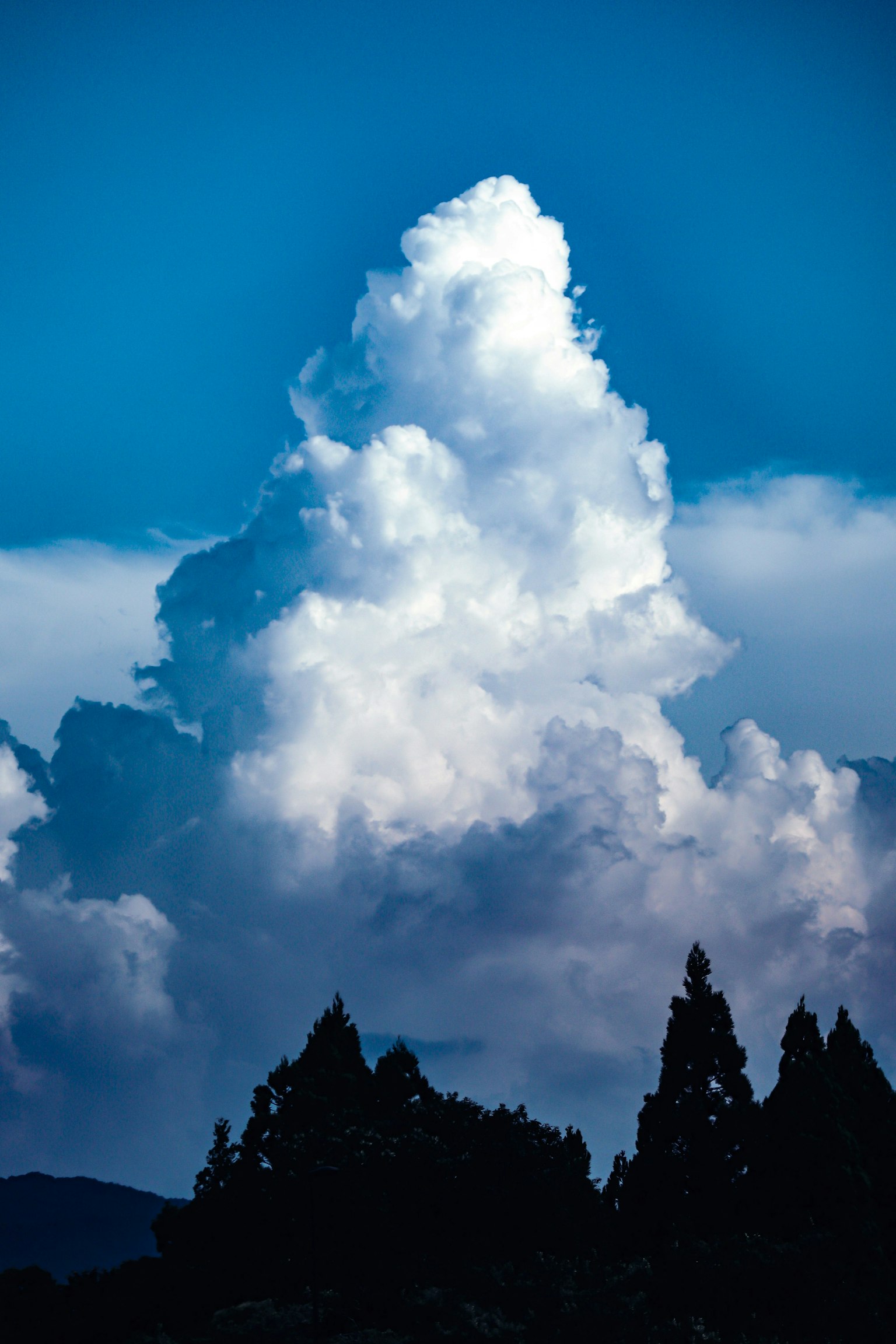
Photo by eriko
Composing Stories Through Cloud Shapes
The joy of cloud photography lies in imagining “what it looks like” as you press the shutter. Animal shapes, giant waves, castles in the sky—without defining a specific subject, you can feel the stories told by the shapes and layers of clouds.
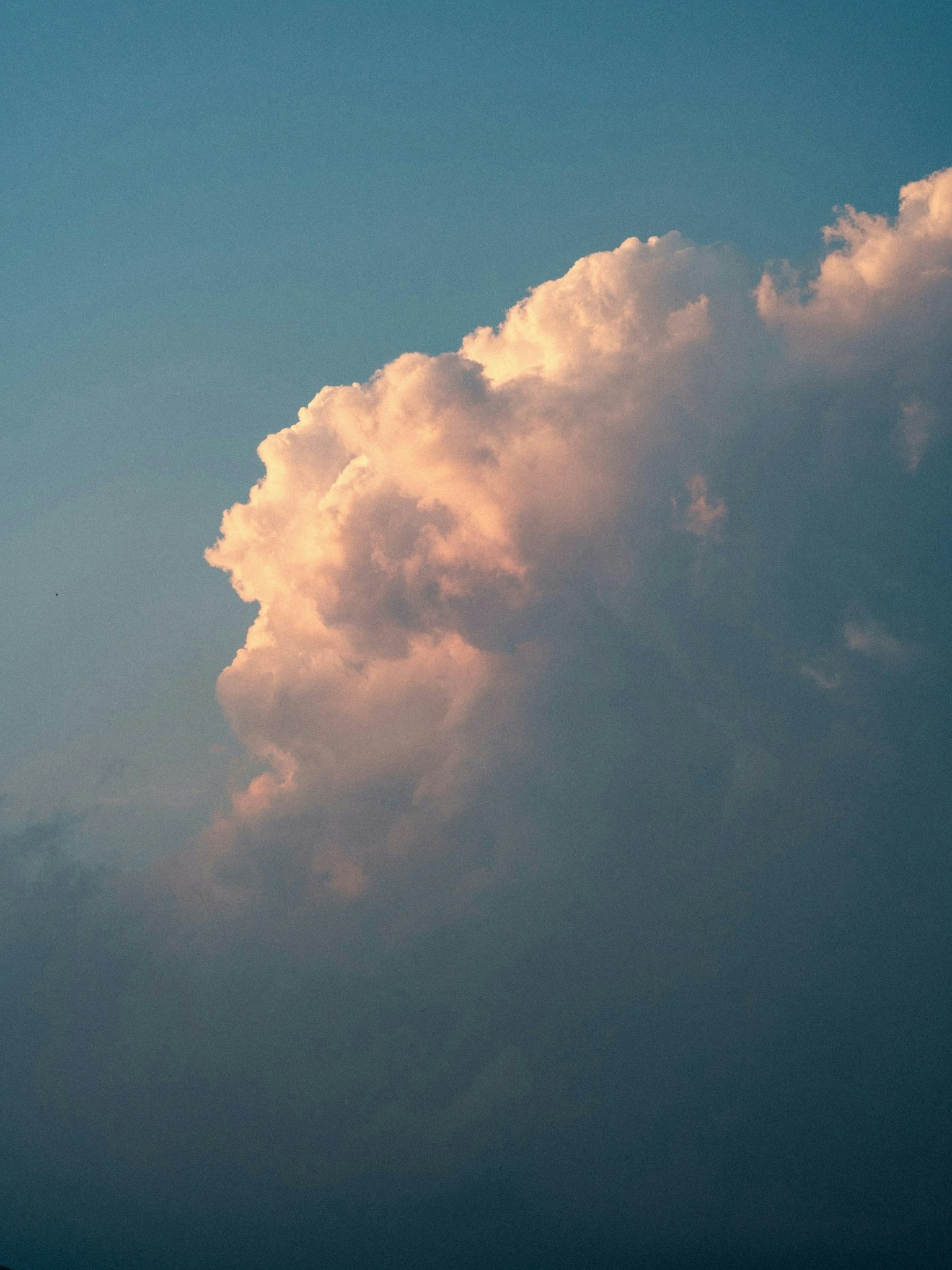
Photo by yu
Whether shooting dynamically with a wide-angle lens or isolating a section with a telephoto lens, adding a playful touch to your composition can bring a narrative quality to your work.
The Magical Times When Clouds Take Center Stage
The best times for cloud photography are during the “magic hour” at sunrise or sunset. During these times, the soft light creates a dreamy landscape, with clouds painted in hues of orange and purple.
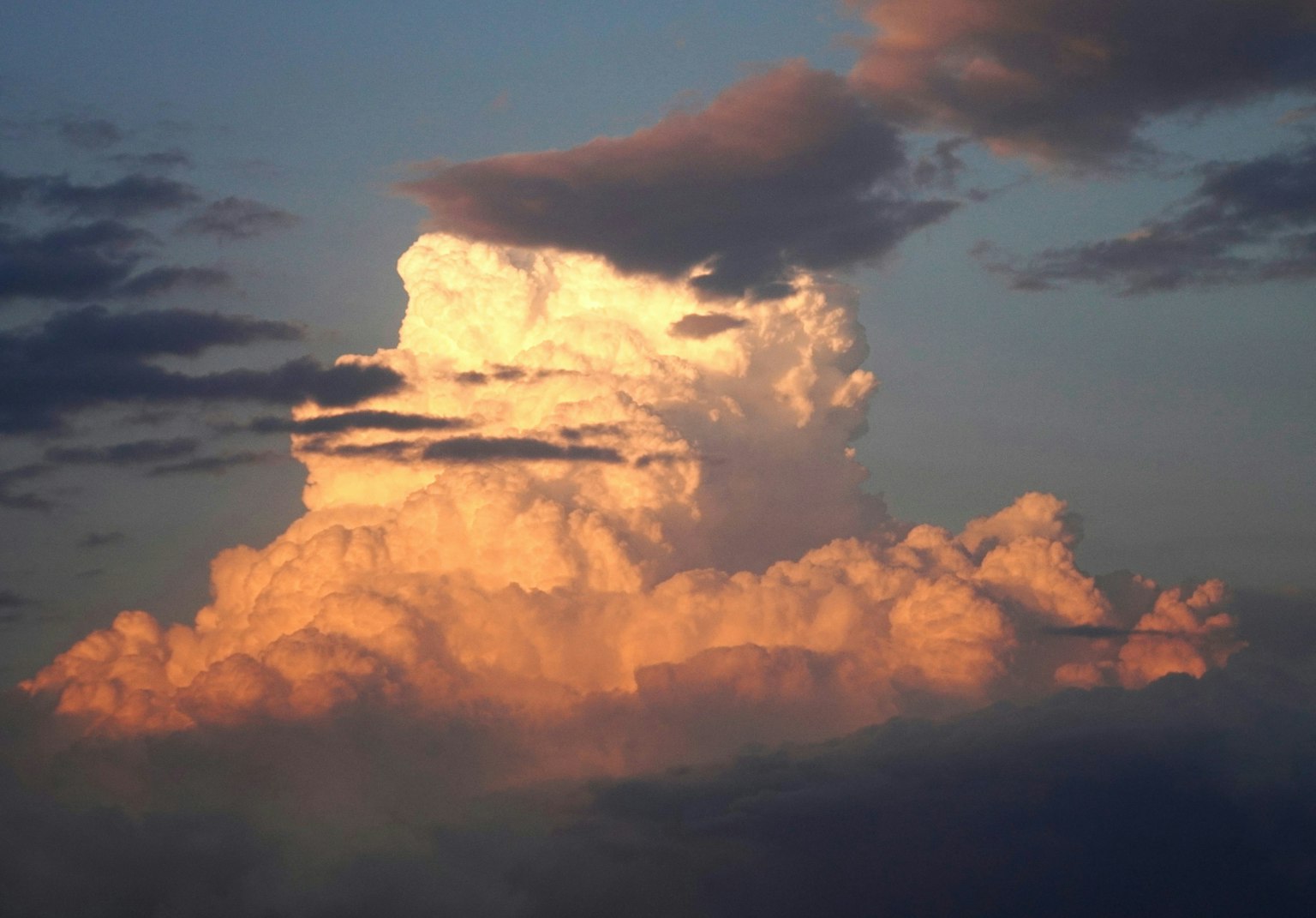
Photo by maiko777
Even with a smartphone, using HDR or exposure adjustments can highlight dramatic colors. Pay attention to the sun’s position and the way shadows fall to create photos with depth and dimension.
Thinking Beyond Looking Up: Creative Cloud Photography
Cloud photography isn’t just about looking up at the sky. Capturing clouds reflected in puddles or building windows can result in surreal and otherworldly images.
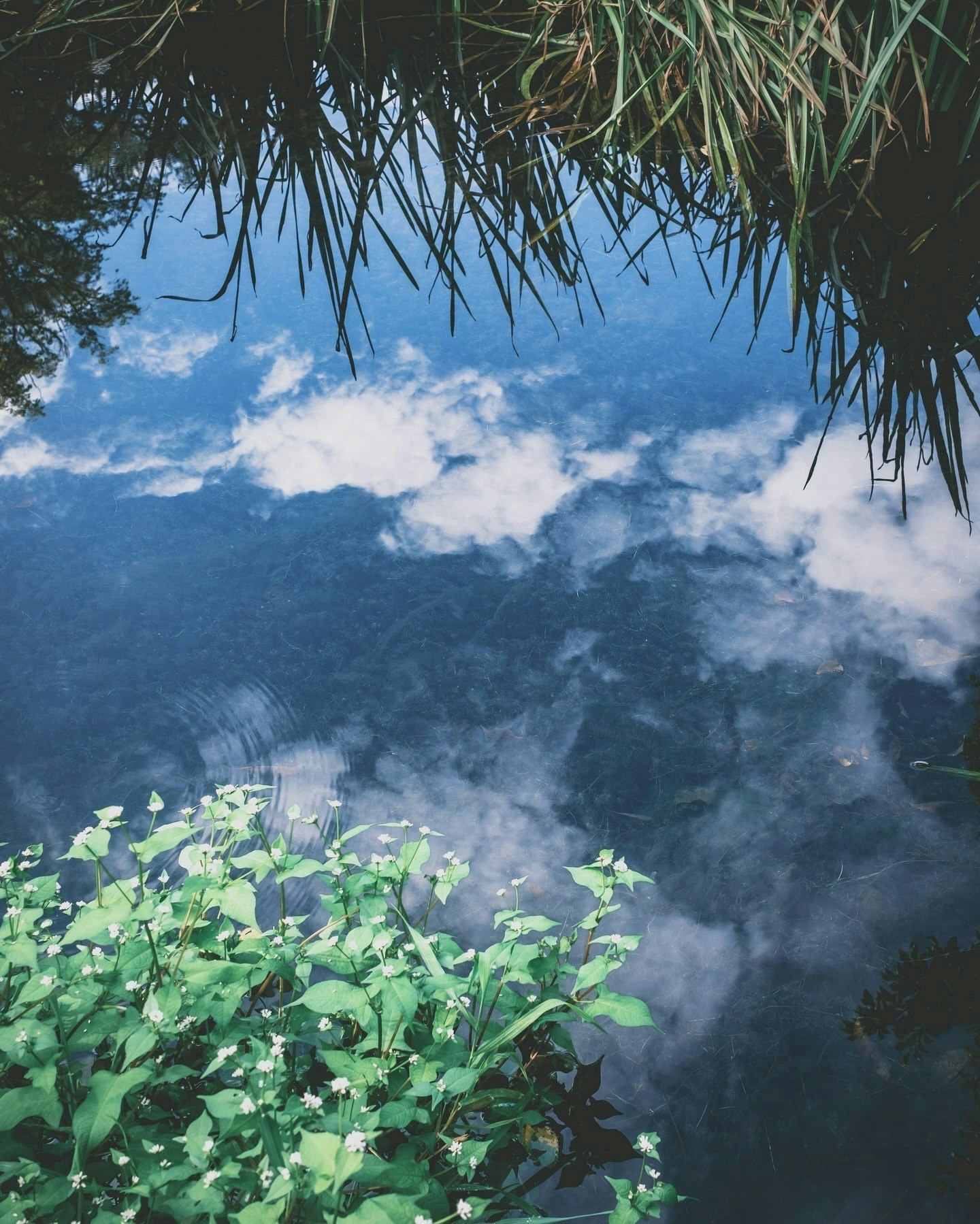
Photo by tk
Additionally, combining clouds with subjects on the ground adds a sense of storytelling, enhancing the completeness of landscape photography. Sometimes, lying down or using a drone for an aerial perspective can stimulate creativity through the freedom of viewpoints.



